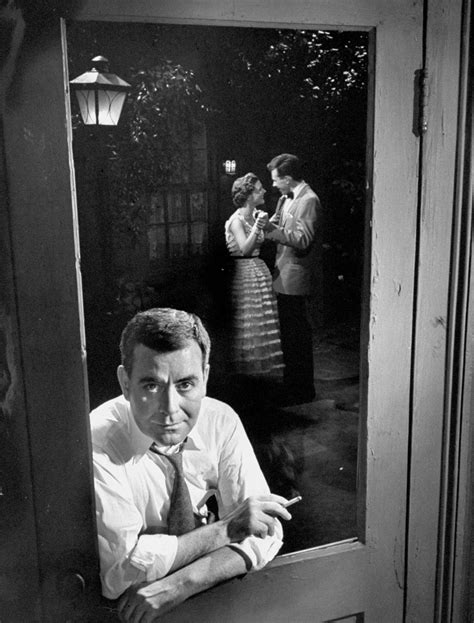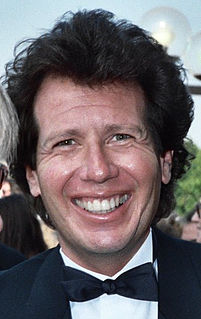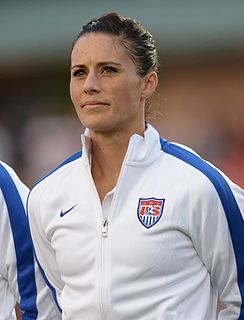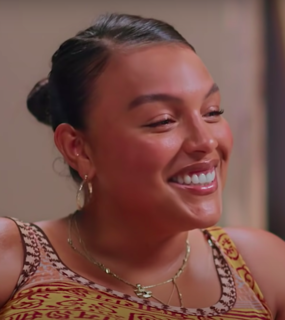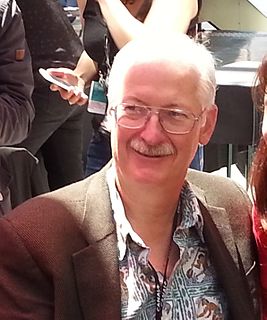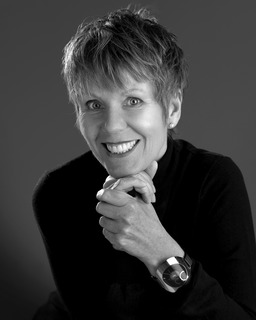A Quote by Horton Foote
Early on, I said to myself that I would like to write a kind of moral and spiritual history of a place. It sounds a little pretentious, I know. But that's really what I set for myself.
Related Quotes
There is a marvelous peace in not publishing. It's peaceful. Still. Publishing is a terrible invasion of my privacy. I like to write. I live to write. But I write just for myself and my own pleasure. I don't necessarily intend to publish posthumously, but I do like to write for myself. I pay for this kind of attitude. I'm known as a strange, aloof kind of man. But all I'm doing is trying to protect myself and my work.
My second or third year in the engineering department, I got very frustrated, and I sat down with myself and had a soul-searching conversation with myself and said, 'What I'd really like to do is see if I can write comedy.' ... I moved to L.A. stone cold. Didn't know anybody; didn't know how to go about it. Really started from scratch.
Every morning I wake up and I tell myself this: It's just one day, one twenty-four-hour period to get yourself through. I don't know when exactly I started giving myself this daily pep talk--or why. It sounds like a twelve-step mantra and I'm not in Anything Anonymous, though to read some of the crap they write about me, you'd think I should be. I have the kind of life a lot of people would probably sell a kidney to just experience a bit of. But still, I find the need to remind myself of the temporariness of a day, to reassure myself that I got through yesterday, I'll get through today.
I don't view myself as powerful. I mean, I view myself as a person that like everybody else is fighting for survival. That's all I view myself as and I really view myself now as somewhat of a messenger. You know, this is a massive thing that's going on. These are millions and millions of people that have been disenfranchised from this country. I was in front of a group yesterday, at least 25,000 people. The place was going crazy, and I said, I'm like the messenger.
For me, I just set little goals for myself and stay on that kind of track and surround myself with positive people along with my teammates. I just kind of have my goals and my dreams, and this is something that we've all been working for our entire lives, so it is kind of easy to wake up and want to better myself every day towards that goal.
Soap operas are like boot camps for film actors, so I really learned a lot. It was a masterclass in working for camera. I made myself watch myself every day. I would sort of try and be objective about it and critique myself a little. There's a lot more skill set than people realize in soap operas. They shoot, like, 35 scenes a day.
I'm finding things out about myself as a person - as a writer - as I write, and so are the people who listen to what I do. But they have this additional aspect of how they take the stuff that I do, and so it broadens the work and it creates this strange connection. It's really a way of strangers communicating through this third thing, which is a body of work. But really, I know it's a cliché to say I write for myself, but I write for myself.
People ask, 'Why would you cast yourself in your movie?' And, for me, it's more like an achievement that I am now not playing all the parts, you know? Like I was for so long, in all my performances and a lot of my short movies. So, that's where I'm coming from, not out of a kind of actress-y sense of myself. I mean, I don't really see myself as an actress, but more from performance: this is how you make something. You do it yourself. You're in it and you write it. I think I keep doing it that way, 'cause it's my way. It's what makes me feel like I know how to do it.
We wanted a musical number that would capture the exhilaration of being out on a boat as they were and sailing with the stars and all that. So that's the origin of We Know the Way. From very early on we said, for an audience that doesn't know this, what we need a song that can really have the kind of sweep and the, you know, pull you in. So that was early on, we conceived of like that should be a musical moment [in Maona].
